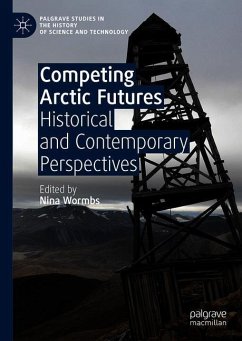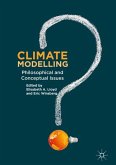This edited collection explores how narratives about the future of the Arctic have been produced historically up until the present day. The contemporary deterministic and monolithic narrative is shown to be only one of several possible ways forward. This book problematizes the dominant prediction that there will be increased shipping and resource extraction as the ice melts and shows how this seemingly inevitable future has consequences for the action that can be taken in the present. This collection looks to historical projections about the future of the Arctic, evaluating why some voices have been heard and championed, while others remain marginalised. It questions how these historical perspectives have shaped resource allocation and governance structures to understand the forces behind change in the Arctic region. Considering the history of individuals and institutions, their political and economic networks and their perceived power, the essays in this collection offer newperspectives on how the future of the Arctic has been produced and communicated.
"This volume stresses that it is the responsibility of academics - especially social scientists and those working in the Arctic - to tell stories that reveal how if people can change the climate, the voices they raise, the resources they render (and don't render) and the governance they enact can also lead to more just and equitable outcomes." (Mia M Bennett, The Polar Journal, October 17, 2019)








